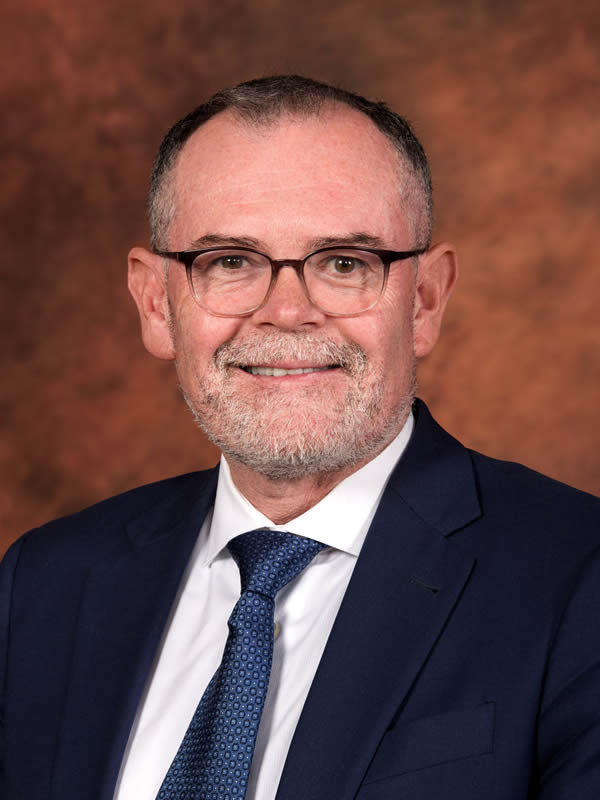Ministerial statement by Dr Dion George at the opening of the session of the 10th Special Session of AMCEN
05 September 2024
His Excellency, Mr. Seyoum Mekonen Hailu, State Minister of Planning and Development in charge of Environment and Climate Change and Population and Development of the Federal Republic of Ethiopia and President of the African Ministerial Conference on the Environment;
Honourable Ministers of Environment from African Member States;
Her Excellency, Ambassador Ms Josefa Sacko, Commissioner for Agriculture, Rural Development, Blue Economy and Sustainable Environment, African Union Commission;
Heads of UN Agencies;
Senior Officials from African Member States;
Partners and representatives of Civil Society;
Ladies and Gentlemen;
It gives me great pleasure to be participating in the 10th Special Session of AMCEN being convened here in this beautiful city of Abidjan. I wish to take this opportunity to appreciate the hospitality afforded to me and the South African delegation by the government and people of Cote d’Ivoire.
I would like to express our condolences to our neighbour, the people and government of Botswana on the passing of Minister Mthimkhulu, Minister of Environment, Natural Resources and Tourism.
Honourable Ministers, there is a growing concern that drought is increasing in frequency, severity and intensity due to climate change. Drought is one of the most damaging of all natural disasters due to its slow onset and long-term socio- economic effects that in turn, exacerbates food and water insecurity, increasing poverty and hunger, feminine, conflicts and displacement.
While drought affects people from all nations, it has a disproportionate impact on vulnerable communities in the Region. Scientific reports and statistics indicate that, the economic losses associated with drought are estimated to be in billions of dollars annually.
It is also important to note that Africa has been battling the impacts of drought despite the presence of the early warning systems, monitoring systems and implementation plans that exist at different levels. Unfortunately, we have witnessed in Africa that our responses to drought are often reactive and poorly coordinated leading to significant negative economic, social and environmental impacts.
With a common African position adopted at this meeting, we believe that the upcoming UNCCD COP 16 will reach a consensus and agree on a policy instrument (s) that will address drought at all levels and its funding mechanism thereof.
As a country, South Africa is currently implementing various multi-sectoral programmes that support restoration efforts, with many of them linking biodiversity conservation with socio-economic development in line with government priorities. These include amongst others, initiatives such as the Land Care programme, removal of alien invasive species and restoration of degraded landscapes across the sectors.
Mr President, we have commitments made under these Rio Conventions which amongst others include Land Degradation Neutrality targets under the UNCCD, Global Biodiversity Framework targets under the UNCBD and the Nationally Determined Contributions under the UNFCCC. We therefore should continue to call on developed countries to meet their financial obligations made under the Rio Commitments to meet Africa’s sustainable development aspirations.
Whilst Africa has to mobilize resources from all sources, there is also an urgent need to harness innovative financial resources, blended finance and other investment products which have the potential to contribute to the Africa We Want, as espoused in Agenda 2063.
As humanity we stand at a crossroads with regard to our legacy we are leaving to future generations, biodiversity continues to decline at an unprecedented rate and noting that the pressures driving this decline is intensifying. The ambitious Kunming-Montreal Global Biodiversity Framework adopted at CBD COP15 starts to craft a pathway to halt biodiversity loss and put us on a path of recovery.
However, implementation of this framework needs us to devote time, effort, finances, advanced technologies, science and decision making that supports the maintenance of functioning ecological infrastructure and restoration of degraded ecosystems. It is within this context that we reiterate the importance of a dedicated fund for biodiversity conservation and a multilateral benefit sharing mechanism for digital sequence information and mobilizing resources from all sources.
Last but not least, South Africa proposes that the next ordinary AMCEN session puts a spotlight on pollution especially, chemicals and waste management. Curbing plastic pollution is a priority for protecting human health and biodiversity protection for South Africa and the Africa Region. It is crucial that the Intergovernmental Negotiations Committee’s work on the legally binding instrument takes into account the special circumstances of Africa.
The economic implications of the new instrument calls for a dedicated Fund to support the incremental costs of implementation of the anticipated globally binding measures in line with the Just Transition approach.
In conclusion and on behalf of South Africa, I would also like to commend the efforts and hard work of the expert group and the AMCEN Secretariat over the past two days in drafting and preparing the documents, which will provide the basis for a successful Ministerial segment of the 10th Special Session of AMCEN.
I thank you, Honourable President.
For media inquiries contact:
Peter Mbelengwa
Mobile: 082 611 8197
E-mail: pmbelengwa@dffe.gov.za


